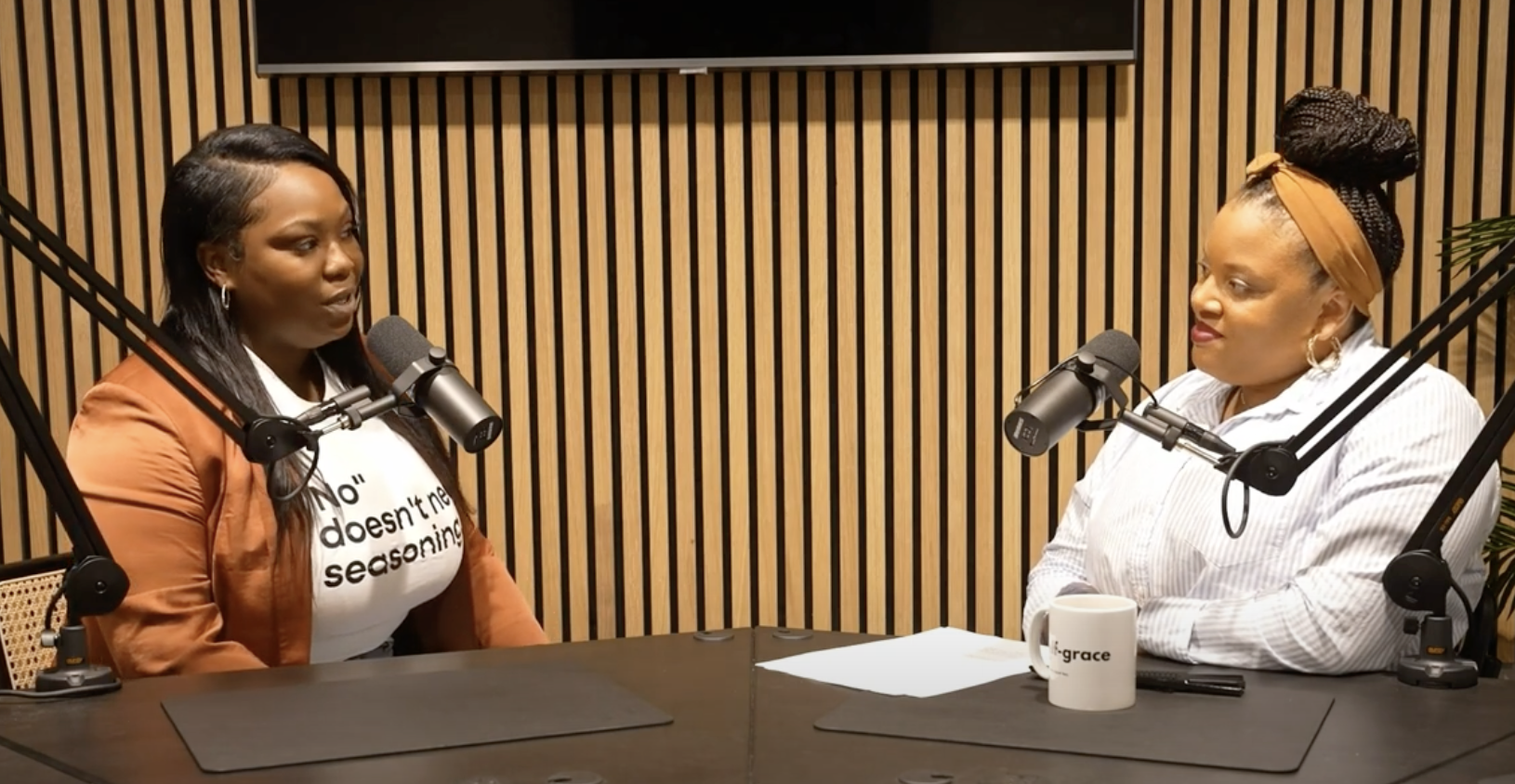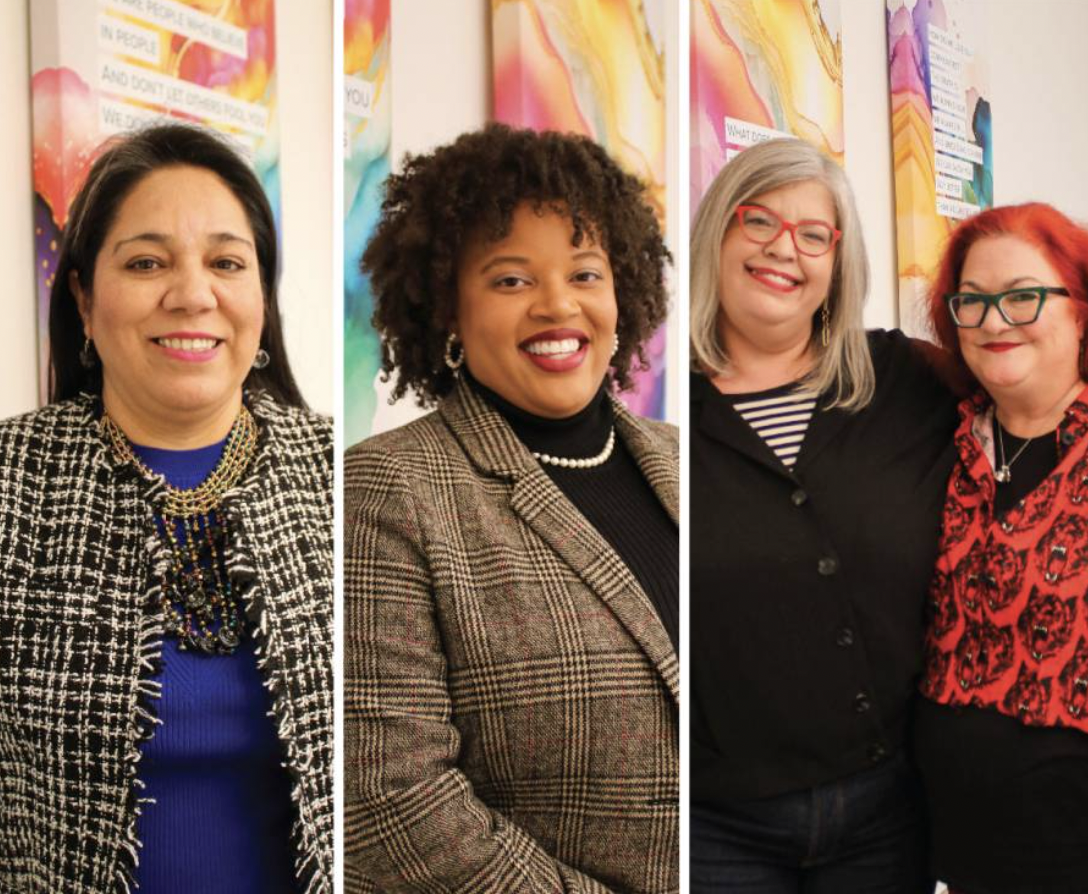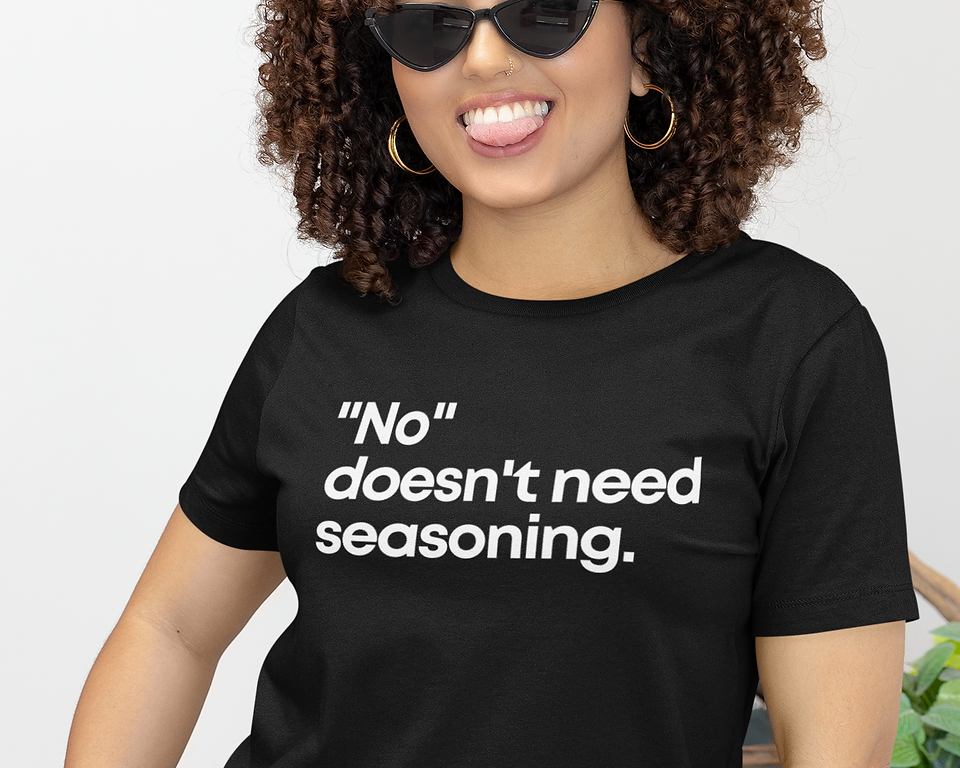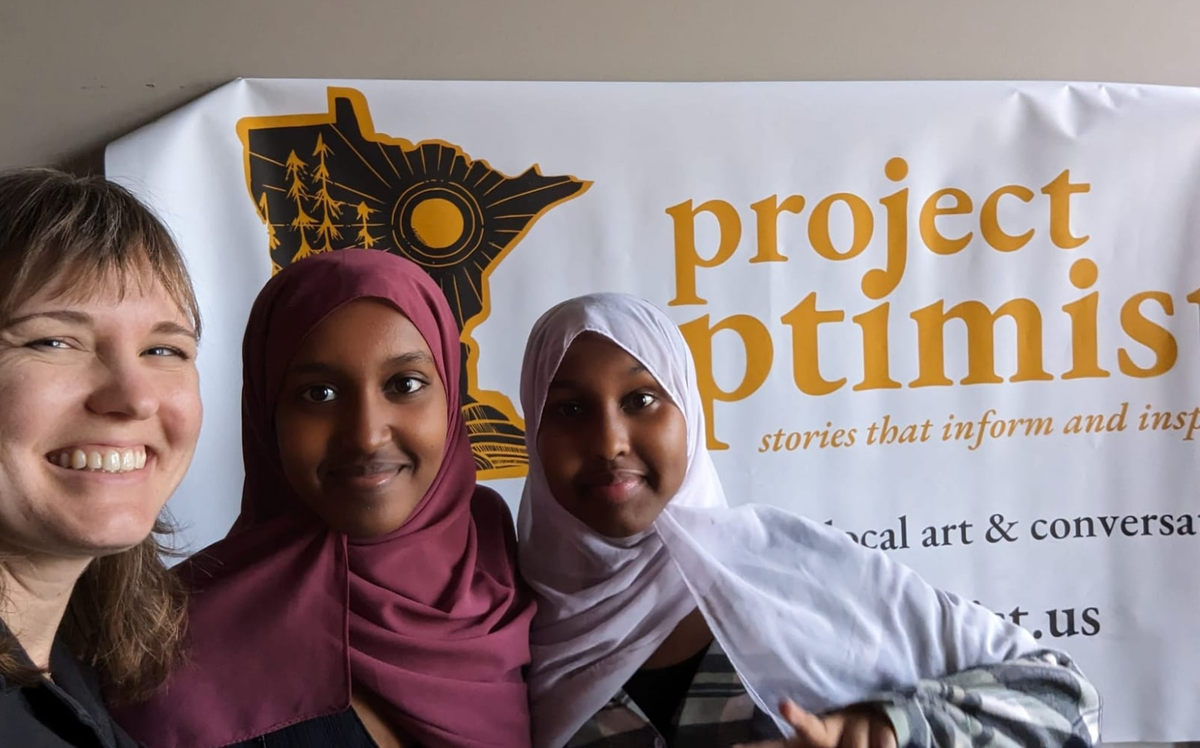
Tiny News Collective exists to support early-stage news entrepreneurs all across the United States who are raising their hands to provide community-focused news and information and places for community connection. We are who we are because of the founders we serve. And we want the journalism field, the civic information space and beyond to know about the creative, impactful work of these founders. To that end, we are thrilled to highlight their stories through an ongoing series of profiles and features.
For our second feature, we talked with Latasha Eley Kelly, a.k.a. The Millennial Black Professor®, who launched TMBP Media through the Wichita Info Challenge, in partnership with Tiny News Collective. The startup’s aim is to amplify representation, cultivate perspective and empower community through a suite of podcasts and multimedia content. Latasha aims to provide a platform for underrepresented stories that challenge the status quo. The first podcast series she has produced is “BLACK in One Piece.”
1. What's the origin story for TMBP Media and your podcasts?
In order to talk about the TMBP Media origin story, we have to talk about the Millennial Black Professor®. The Millennial Black Professor® is my for-profit business. I started it in December 2020, and at that time, I really just thought what I had was a cool name. But I really was not thinking about it being a business or anything like that.
For the previous 10 years, I had been working for the U.S. Department of Education and can honestly say the entire time I was never really fulfilled in my work. What am I really good at? I kept coming back to talking and writing. I thought, ‘Maybe I'll do a podcast or a blog,’ but then nothing came of it because I had to move in with my mom during the pandemic, then got engaged, and eventually realized I would be moving from Virginia to Kansas.
I got out here in December 2021. The next summer, I found out about an organization that supports the development of underrepresented, marginalized aspiring or existing business owners. I went to an event they had, which led to me participating in a 12-week business academy, and that is really what set me off on this journey to actually be working in the business.
I teach for the University of Maryland Global Campus and George Mason University, and that's when I feel most excited — when I'm working with students. I started to develop workshops and thought about how I can make that work as a business. At the same time, I heard about the Wichita Foundation Info Challenge Grant in partnership with Tiny News Collective. I was finally moving past the burnout of completing my doctoral program and, around the same time, heard about the young Black teen in Kansas City who had gone to the wrong house and ended up getting shot (but thankfully survived). I started thinking that every day we’re just trying, as a community, to make it back home in one piece, and that was the impetus for the podcast, “BLACK in One Piece.”

When it was time to do the application for the Info Challenge grant, I believe they may have been looking for more traditional newsrooms. But I pitched a suite of podcasts that would allow me to tell those stories, and I also had other ideas percolating for amplifying underrepresented voices.
2. What’s been the reaction to the podcast so far?
It was really important for me that people receive it in the spirit in which I'm putting it out, and I believe thus far that it has been. I don't mean that in the sense that everyone's going to like it or that it's everyone's cup of tea — that's just not realistic.
But when I think about the mission of amplifying representation and cultivating perspective and empowering community, that's really what I'm hoping listeners are able to take away from it. That's whether you're Black or not.
I especially love when someone says something about how the podcast made them think differently, or they hadn't thought about something in this way, or it challenged them. I had one person say that there were some segments that made them feel uncomfortable. They recognized that it wasn't just what was being said or about the person saying it. It was them having to reflect and do deeper work. That is, for me, a success. So I'm excited about the direction we're going.
3. What do you see as the business model for the podcast? Sponsorships or lead generation for your workshops?
It is something I'm still working on. I'm really appreciative of Tiny News for the resources they provide because I’m learning as I go. Having TNC as a fiscal sponsor, I've definitely been pursuing additional grants. That's one aspect of it. The Info Challenge grant was the first grant that I ever applied for! I'm glad I got it, and I’m trying to hone my skills in that area. I’m dedicating time to identifying grants that make sense and actually submitted a proposal for one last week.
I’m also interested in generating leads that will circle back to me picking up more workshop opportunities. Sponsorships, ad placements, all of those kinds of things — I’m hoping will be part of the model to generate revenue and keep it going.
 This shirt is sold in the TMBP store.
This shirt is sold in the TMBP store.
4. Tell us more about the merchandise that you sell.
The very first shirt I had was “‘No’ doesn't need seasoning.” It started as things I literally say to my students and that I say to myself. This one was about how we often feel we have to over-explain ourselves when we are initiating, establishing or maintaining a boundary. As a people, as a culture, we season everything. I was likening seasoning to the explanations that we feel we have to give people, and emphasizing that “no” is one of those things that does not need seasoning.
From there I put out “Be an Adult & Take a Nap.” More recently, I have items that are focused on self-grace. They are all reminders on how to be well.
Recently, I added merchandise that has TBMP Media on it or the BLACK in One Piece™ logo. Those are products I bring with me when I'm sponsoring or attending events, and that money goes toward the newsroom.
5. What’s your vision for what TMBP Media might become?
I recently secured a small space that will have a retail component, and I want to emphasize programming. Of course, I will have my merchandise for sale, but I want to prioritize programming and also envision being able to record podcasts there as well.
I’d like to invite people in for select recordings and even want to offer a curated, full-service book and podcast club. That's something I see for the future and, regarding the suite of podcasts, we've already started recording for two of the other shows that will be coming out.
One of the things I'm working through is strategy: How will I roll out these other podcasts without overshadowing “BLACK in One Piece”? It’s really gaining traction and the support is there. I don't want to confuse or overwhelm people.
One of the new podcasts focuses on the concept of first-generation support for folks who are the first ones in their family to do something. So not just first-generation college students, but even like me — first-gen entrepreneurs. One of my cousins, over the past decade, she was working her way up at Starbucks, and she now has her own store. She’s the first in her immediate and extended family to do that. So there are many ways one can be first-gen. Myself and three other individuals came together to do a podcast focusing on those experiences.
The other podcast we started recording is focused on the stories of Wichita transplants, with the tagline, “Why we come. Why we stay.” It’s about the transplant experience, and not only that of individuals who have come to Wichita. I recently met a young woman who is from Wichita, attended school in Washington, D.C., and ended up living and working in New York post-graduation. She comes back regularly, but she says, “I'm not coming back to stay.” We want to understand what is keeping people from living in Wichita because there are a lot of conversations about losing and retaining talent.
Learn more about other TNC founders by reading this story:

Sign up for our monthly newsletter for ongoing updates, announcements, and resources for newsroom entrepreneurs.